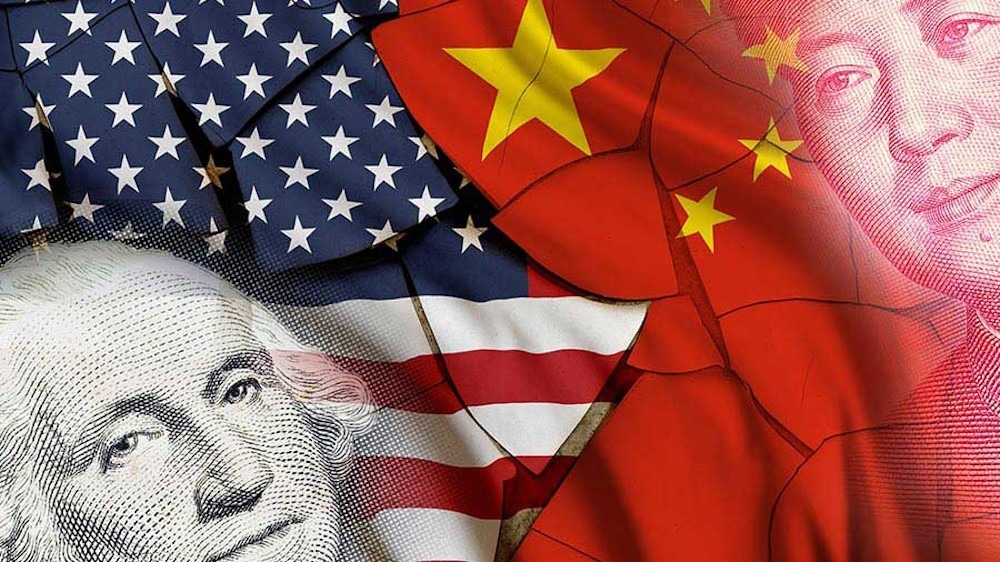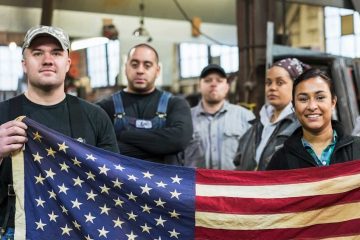US halts imports from an additional 26 Chinese firms

In response to allegations of forced labor and unfair competition, the U.S. has decided to block imports from numerous Chinese textile companies.
On Thursday, the Biden administration will unveil the inclusion of 26 companies in the Uyghur Forced Labor Prevention Act Entity List. The list provides the names of businesses that the U.S. claims are engaged in the exploitation of forced labor from China’s Xinjiang region, which is the home of the Uyghur people and other minority groups.
“Goods produced through forced labor will be prohibited from entering the United States,” stated Homeland Security Secretary Alejandro Mayorkas. “We are bringing attention to it.”
The new additions significantly increase the size of the UFLPA list, resulting in a total of 65 banned companies when combined with a change in methodology. Thursday, all the companies are part of China’s textile industry, which has sparked complaints of unfair competition from manufacturers in the United States.
The mentioned businesses act as intermediaries, procuring cotton from Xinjiang and primarily selling it to Chinese companies that utilize it for spinning thread or fabric production. According to Mayorkas, Thursday’s actions aim to raise awareness among responsible businesses about potential abuse in their supply chains.
In light of the wider U.S. efforts to address the import of goods associated with forced labor, there has been a recent development. Specifically, the focus has been on goods originating from Xinjiang, a region recognized for its production of cotton, solar panel components, and various other products. However, Xinjiang has also faced allegations of widespread human rights violations. China has consistently refuted those claims.
Imports connected to Xinjiang have been banned under the UFLPA since 2022, and U.S. officials have consistently encouraged companies to thoroughly examine their supply chains.
The list identifies certain companies whose goods are prohibited, even if they are used as components in a final product. Having clear guidelines can offer businesses a greater sense of assurance when it comes to complying with the law. However, it can also create challenges for certain businesses. For instance, Volkswagen experienced difficulties in February when the U.S. seized numerous Bentley, Porsche, and Audi vehicles due to a component being sourced from a supplier on the designated list.
Thursday’s additions may have an impact on corporate supply chains. China is the largest foreign supplier of textiles and apparel to the United States. This category encompasses clothing and components used for personal protective equipment and other purposes.
U.S. industry groups have expressed concerns about China’s textile makers engaging in unfair competition, including the use of forced labor. They have urged the government to take further measures to safeguard U.S. textile companies.
“China’s foreign trade practices, combined with ineffective customs enforcement and questionable trade policy proposals, have created an uncertain market situation that poses a threat to the future of domestic textile manufacturing,” stated Kim Glas, president of the National Council of Textile Organizations, in response to the recent announcement of tariffs aimed at China.
Mayorkas emphasized the importance of companies having a better understanding of their supply chains. He also expressed a willingness to pursue legal action against companies that intentionally deceived U.S. authorities.
The Biden administration has also been under pressure to tackle a provision in trade law that permits the import of packages valued at less than $800 without duty and with minimal customs scrutiny. Imports through the de minimis exemption have experienced a significant increase in recent times. One analysis reveals that e-commerce giants Shein and Temu alone were responsible for almost a third of these imports at one point.
In a recent announcement, the Biden administration revealed plans to increase scrutiny on de minimis shipments, as part of their ongoing efforts to combat illicit apparel and textile imports. Mayorkas expressed his understanding of industry concerns regarding the potential exploitation of the exemption by certain companies. He is currently exploring potential modifications to the law.







